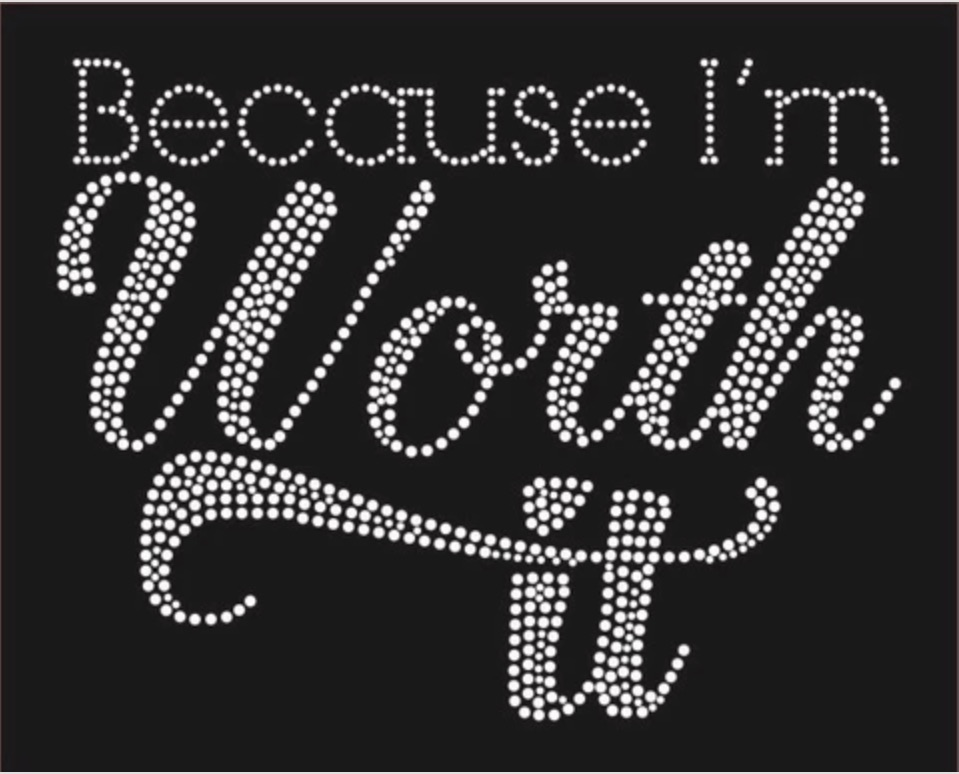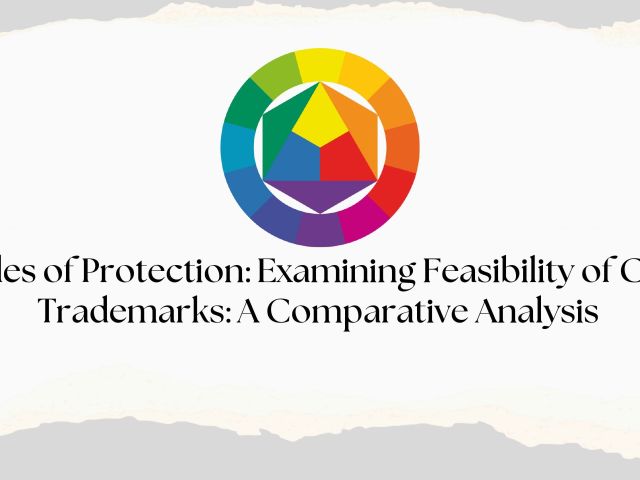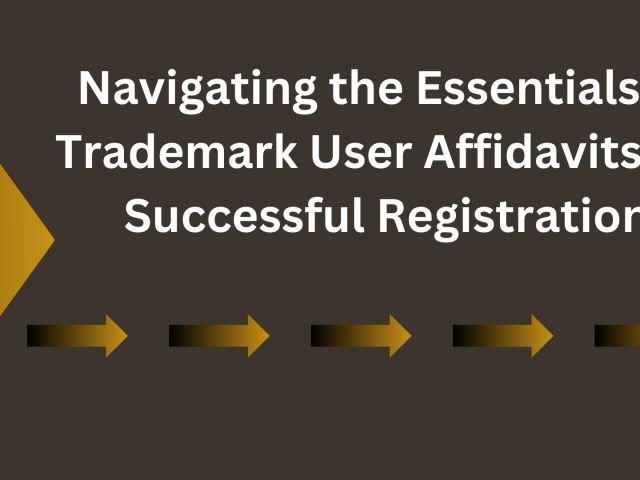Slogans can be understood as a collection of words representing the general nature of a brand or goods and services of that brand. These slogans can be taglines or brand jingles that become vital to advertising and marketing. They are easily memorable and catchy, critical in increasing association with the brand and its products.
Whether registration of Slogans is possible under the Trademarks Act, 1999
The Trademarks Act 1999 defines a ”mark” under Section 2(m) to include headings, labels, tickets, names, signatures, words, letters, packaging, etc. The term ”word” is inclusive of a collection of words. Further, Section 2(zb) defines ”trademark” as a mark with a distinctive character that can be graphically represented.
A Slogan is recognized as a ”mark” under Section 2(m) as a collection of words and can be a ”trademark” under Section 2(zb) as it can be graphically represented. Like any other form of trademark, a slogan must be distinctive to be registered.
The Process of Registration of Slogans as Trademark
The procedure followed is the same as the registration of any ordinary trademark. An application has to be made through form TM- A in compliance with Section 18 of the Trademarks Act, 1999. An examination report will be devised to ascertain the distinctiveness of the Slogan, following which the trademark will be either accepted, partially accepted, or rejected. An opportunity for opposing the registration is provided against the application for registration of the Slogan under Section 21 within four months from the initial publication of the Slogan in the Trademarks Journal.
Official Guidelines for Registration of Slogans by Trademark Registry
The Draft Trademarks Manual, 2009, was generated by the Trade Marks Registry. It also provided guidelines for slogans or phrases to be registered as trademarks. The following were the grounds to be considered before acceptance:
1. Plain descriptive language
Using plain descriptive language for the Slogan will render it rejected for registration as a trademark as it fails the test of distinctiveness. These types of descriptive slogans can be registered, given that they are assembled or presented in a distinct/unique manner.
2. Ambiguity
The ambiguous nature of a slogan will render it to be refused for registration even though it acquires a distinctive character, as it would mislead the consumer. This is a ground for absolute refusal under Section 9 of the Trademarks Act, 1999.
Example: Best buy was not allowed for registration, “We set hire standard” as a trademark due to its ambiguous nature and capacity to mislead customers.
3. Value/ Customer Service/ Motivational/ Purely Promotional Statements
Slogans that are generic idioms, quotes, or customer service messages cannot be registered as trademarks as they are devoid of any distinctive character. Statements that promote brands directly through words are also considered to be generic.
Example: Nestle Kit Kat had applied for registration of the tagline “Have a break….Have a Kit Kat” as a trademark, but during the process of registration, “Have a break” isolation, the application was refused, and the courts denied recognizing it as a trademark due to the generic nature of that statement.
Some of the famous registered slogans in India are:
1. Wal-Mart India Private Limited – Best Price Modern Wholesale
2. L’Oreal’ – Because I’m Worth It
3. Kentucky Fried Chicken International Holdings, Inc. –SoGood
4. Accenture- High Performance Delivered
Judicial recognition of Slogans as Trade Marks
In Pepsi Co. Inc. and Anrv. Hindustan Coca-Cola and Ors., the Delhi High Court discussed the protection to be provided for the distinctive slogans employed by companies. The courts held that no protection could be provided to slogans under the Copyrights Act, 1957, as it does not satisfy the threshold of originality for it to be a ”literary work”; instead, protection could be provided under Trademarks Act, 1999 for passing off under Section 27.
In Procter & Gamble Manufacturing (Tianjin) Co. Ltd. &Ors v. Anchor Health & Beauty Care Pvt. Ltd, the Delhi High Court upheld the validity and protection given to the slogan “All Round Protection,” which belonged to Anchor. It further held that Anchor was the first brand to use the tagline and had acquired recognition from customers in India.
In Rebook India Company v Gomzi Active, the Karnataka High Court provided standards for slogans to qualify for protection under Trademarks Act, 1999. It was held that the party claiming exclusive rights for usage of the Slogan has to prove that it has acquired secondary meaning and goodwill. The contended Slogan was “I am what I am,” which was claimed by Reebok to be a generic statement that had acquired no distinctive secondary meaning associated with Gomzi products. The Court accepted Reebok’s contention and denied the protection of the Slogan due to its lack of distinctiveness.
In Stokely Van Camp Inc v Heinz India Pvt Ltd, two energy drink companies utilized the same words, i.e., ”Rehydrate, replenish, and recharge”. The Court opined that these terms were necessary to indicate the nature and type of product sold. Hence, even though a slogan is registered as a trademark, it could attract absolute exclusivity due to the benefit provided under Section 30 (2)(a).
Conclusion
It can be concluded that Slogans are not entitled to be protected under the Copyrights Act 1957. Still, they are valid trademarks under the Trademarks Act, 1999 as long as they qualify to be registered as Trademarks. This indicates that these slogans have to pass the test of distinctiveness.




